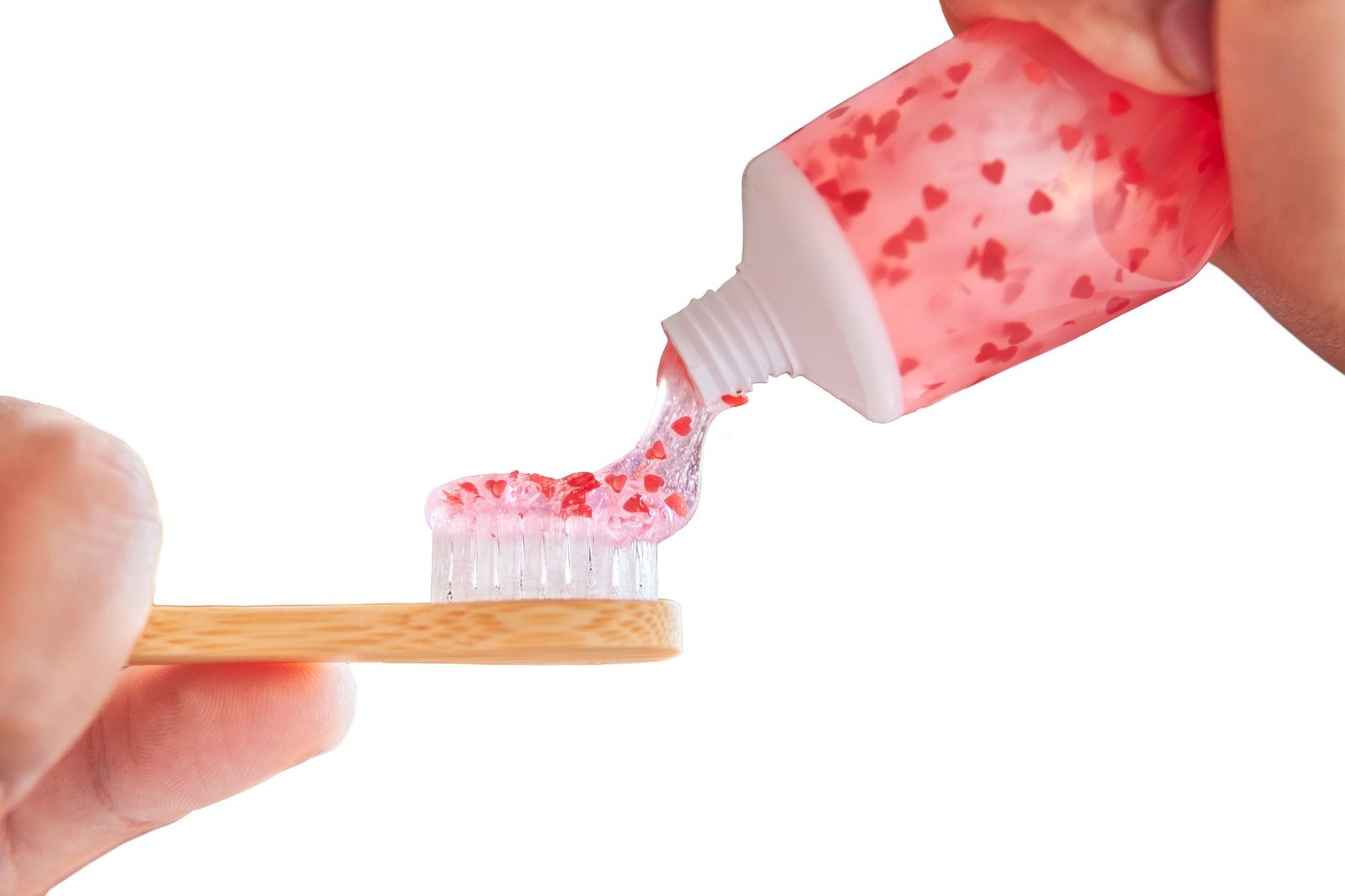The Ultimate Self-Care Sunday Routine: 7 Tips for a Blissful Day of Relaxation

Creating a relaxing atmosphere is essential for self-care and overall well-being. Whether you are at home or in a spa, setting the scene is crucial for unwinding and de-stressing. One way to create a relaxing atmosphere is by using essential oils and aromatherapy. Scents like lavender, chamomile, and eucalyptus can help calm the mind and promote relaxation. You can use a diffuser to spread the scent throughout the room or add a few drops to a warm bath for a soothing experience. Another way to set the scene is by incorporating soft lighting. Dimming the lights or using candles can create a cozy and tranquil ambiance. Soft, ambient music can also help set the mood for relaxation. Whether it’s classical, nature sounds, or instrumental music, finding the right soundtrack can enhance the overall experience.
In addition to scents and lighting, creating a comfortable space is essential for relaxation. Whether it’s a cozy nook with plush pillows and blankets or a luxurious spa environment, having a comfortable space to unwind is crucial. Consider adding elements of nature to your space, such as plants or natural materials like wood and stone, to create a calming environment. By setting the scene with essential oils, soft lighting, soothing music, and a comfortable space, you can create an atmosphere that promotes relaxation and self-care.
Nourishing Your Body: Healthy and Delicious Meals and Snacks
Nourishing your body with healthy and delicious meals and snacks is an important aspect of self-care. Eating well not only provides essential nutrients for your body but also contributes to overall well-being. One way to nourish your body is by incorporating a variety of fruits and vegetables into your diet. These colorful foods are packed with vitamins, minerals, and antioxidants that can help boost your immune system and improve your overall health. Additionally, including lean proteins like chicken, fish, and tofu can help keep you feeling full and satisfied.
In addition to meals, healthy snacks can also play a role in nourishing your body. Snacks like nuts, seeds, and yogurt can provide a quick energy boost without the crash that comes from sugary snacks. It’s important to listen to your body’s hunger cues and eat when you’re hungry, but choosing nutrient-dense snacks can help keep you fueled throughout the day. By nourishing your body with healthy and delicious meals and snacks, you can support your overall well-being and practice self-care.
Pampering Your Body: Skincare, Haircare, and Self-Care Treatments
Pampering your body with skincare, haircare, and self-care treatments is an important aspect of self-care. Taking care of your physical appearance can have a positive impact on your mental well-being. One way to pamper your body is by establishing a skincare routine that works for you. Cleansing, exfoliating, moisturizing, and applying sunscreen are essential steps in maintaining healthy skin. Additionally, incorporating treatments like face masks or serums can provide extra nourishment and hydration for your skin.
In addition to skincare, taking care of your hair is also important for pampering your body. Regular washing, conditioning, and styling can help keep your hair looking healthy and vibrant. Treatments like hair masks or scalp massages can provide extra care for your hair and promote relaxation. Self-care treatments like massages, manicures, or pedicures can also be beneficial for pampering your body. These treatments not only provide physical benefits but also offer a mental break from daily stressors. By pampering your body with skincare, haircare, and self-care treatments, you can promote overall well-being and practice self-care.
Moving Your Body: Gentle Exercise and Stretching
Moving your body through gentle exercise and stretching is an important aspect of self-care. Physical activity not only benefits your body but also has positive effects on your mental health. One way to move your body is by incorporating gentle exercises like yoga or tai chi into your routine. These low-impact activities can help improve flexibility, strength, and balance while promoting relaxation and mindfulness. Additionally, going for a walk or practicing gentle stretching exercises can help release tension in your muscles and improve circulation.
In addition to gentle exercise, incorporating stretching into your daily routine can have numerous benefits for your body. Stretching helps improve flexibility, reduce muscle tension, and prevent injury. It can also promote relaxation and reduce stress levels. Taking breaks throughout the day to stretch can help alleviate stiffness from sitting or standing for long periods. By moving your body through gentle exercise and stretching, you can support your physical and mental well-being while practicing self-care.
Engaging Your Mind: Mindfulness, Meditation, and Journaling
Engaging your mind through mindfulness, meditation, and journaling is an important aspect of self-care. Taking time to focus on your thoughts and emotions can have numerous benefits for your mental well-being. One way to engage your mind is by practicing mindfulness. Mindfulness involves paying attention to the present moment without judgment. This practice can help reduce stress, improve focus, and promote a sense of calm. Incorporating mindfulness into daily activities like eating, walking, or breathing can help cultivate a greater awareness of your thoughts and feelings.
In addition to mindfulness, meditation is another way to engage your mind and promote relaxation. Meditation involves focusing on a particular thought, object, or activity to achieve mental clarity and emotional stability. Whether it’s through guided meditation or simply sitting in silence, taking time to meditate can help reduce anxiety, improve mood, and enhance self-awareness. Journaling is also a valuable tool for engaging your mind and practicing self-care. Writing down your thoughts, feelings, and experiences can provide clarity and insight into your emotions. It can also serve as a form of self-expression and creativity.
By engaging your mind through mindfulness, meditation, and journaling, you can support your mental well-being while practicing self-care.
Unplugging and Unwinding: Digital Detox and Relaxation Techniques
Unplugging and unwinding through a digital detox and relaxation techniques is crucial for self-care in today’s technology-driven world. Constant exposure to screens and digital devices can have negative effects on our mental health and well-being. Taking time to unplug from technology can help reduce stress levels and promote relaxation. One way to unplug is by setting boundaries around screen time. Whether it’s designating specific times of day for checking emails or social media or taking regular breaks from screens throughout the day, creating boundaries around technology use can help reduce the negative impact on your mental health.
In addition to unplugging from technology, incorporating relaxation techniques into your routine can help promote overall well-being. Techniques like deep breathing exercises, progressive muscle relaxation, or visualization can help reduce stress levels and promote relaxation. Taking time for activities like reading, listening to music, or spending time in nature can also provide a mental break from technology and promote relaxation.
By unplugging from technology and incorporating relaxation techniques into your routine, you can support your mental well-being while practicing self-care.
Reflecting and Planning: Setting Intentions and Gratitude Practices
Reflecting on your experiences and planning for the future is an important aspect of self-care. Taking time to set intentions and practice gratitude can have numerous benefits for your mental well-being. One way to reflect is by setting intentions for the day or week ahead. Setting intentions involves identifying what you want to focus on or achieve in a specific period of time. This practice can help provide direction and purpose in your daily life.
In addition to setting intentions, practicing gratitude is another valuable tool for reflecting on your experiences and promoting overall well-being. Taking time each day to acknowledge the things you are grateful for can help shift your focus from negativity to positivity. Whether it’s through journaling or simply taking a moment to reflect on the things you appreciate in life, practicing gratitude can help improve mood and outlook on life.
By reflecting on your experiences and planning for the future through setting intentions and gratitude practices, you can support your mental well-being while practicing self-care.
In conclusion, creating a relaxing atmosphere, nourishing your body with healthy meals and snacks, pampering yourself with skincare and haircare treatments, moving your body through gentle exercise and stretching, engaging your mind through mindfulness, meditation, and journaling, unplugging from technology through digital detox and relaxation techniques, as well as reflecting on your experiences and planning for the future through setting intentions and gratitude practices are all important aspects of self-care that contribute to overall well-being. By incorporating these practices into your daily routine, you can support both your physical and mental health while promoting relaxation and mindfulness in your life. Practicing self-care is essential for maintaining balance in today’s fast-paced world and taking care of yourself should always be a top priority.










